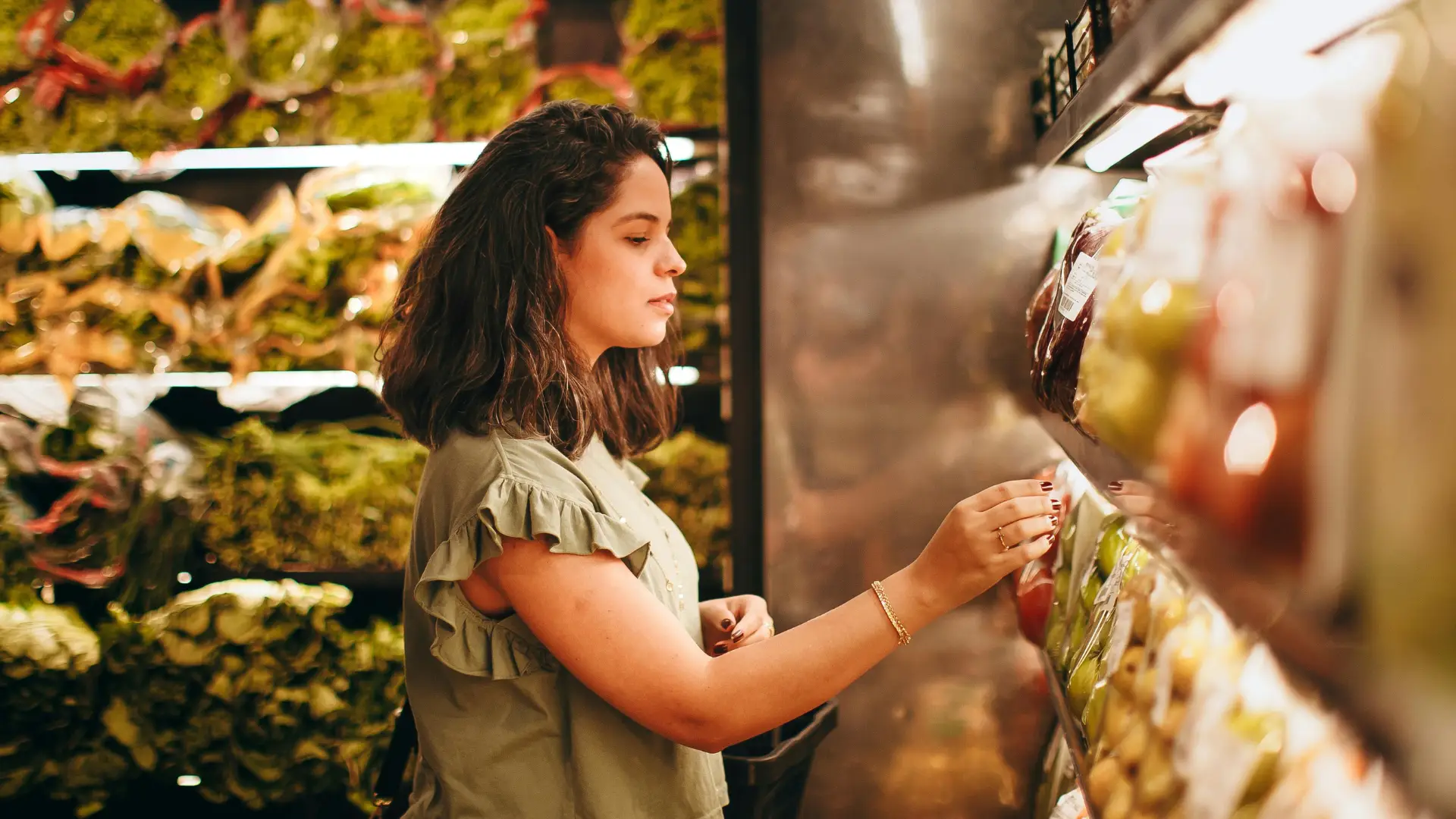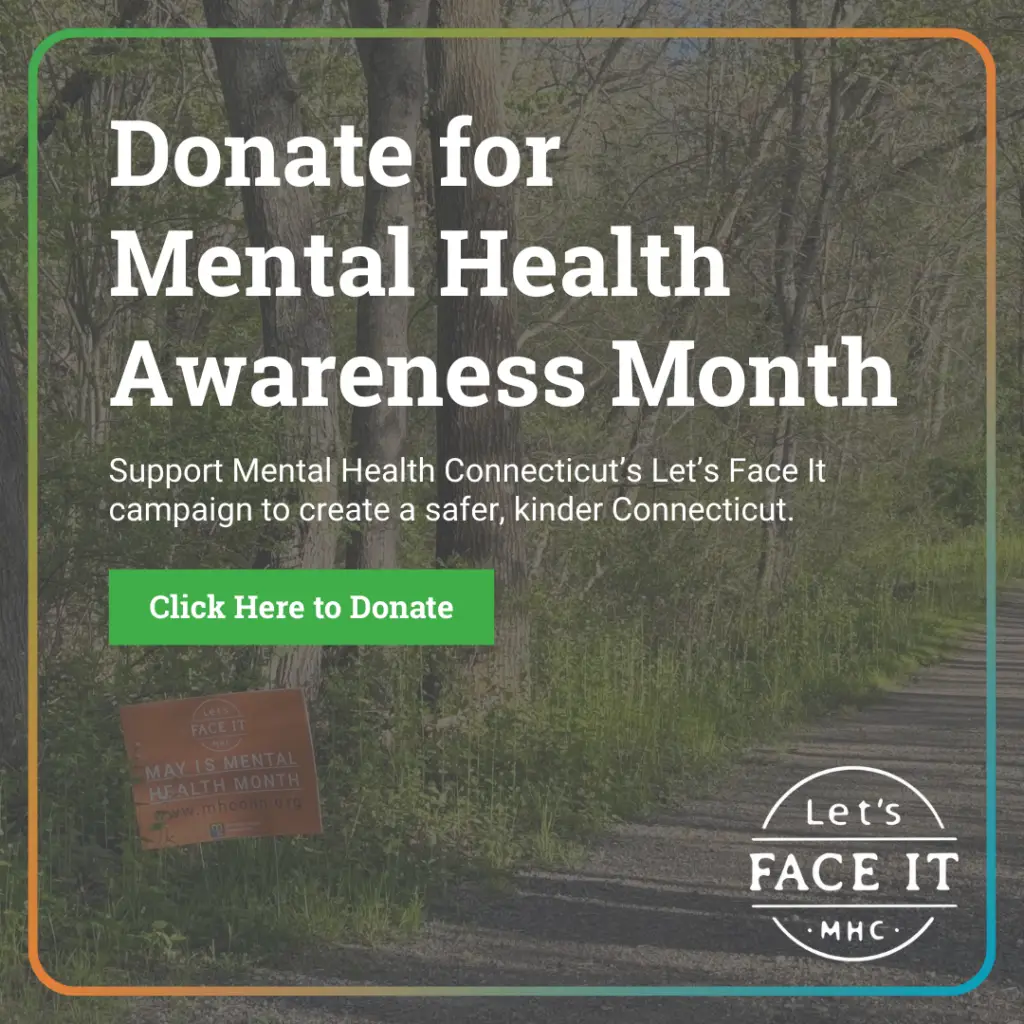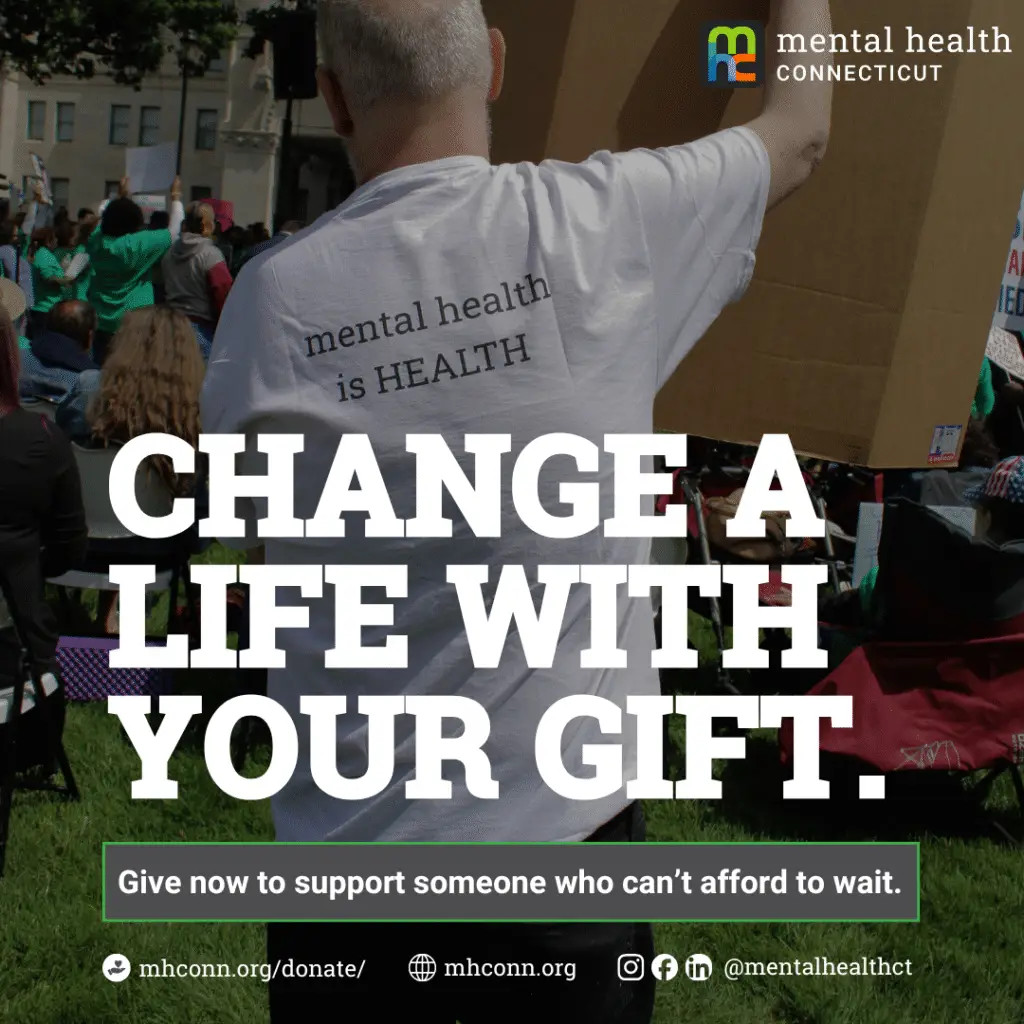As the federal government shutdown continues, millions of families across the United States are facing uncertainty about how they will feed themselves and their children. One of the most urgent consequences is the disruption of the Supplemental Nutrition Assistance Program (SNAP), a lifeline for more than 42 million Americans, including, according to CT Public, 360,000 Connecticut residents each year.
SNAP benefits are funded by the federal government through the U.S. Department of Agriculture (USDA) Food and Nutrition Services. When the federal government shuts down, USDA may not send funding to states, which can delay, or completely halt, monthly food benefits.
October benefits were issued as usual, and if individuals have remaining funds from past months, they can continue to use them. Two federal judges have ordered the administration to release emergency funding to keep SNAP operating. The Trump administration has said it will restart the program using an internal contingency fund, but only at half the usual benefit amount.
Still, as of November 4, benefits did not arrive in EBT accounts. Families woke up for the fourth day in a row without the money they rely on for food and no clear timeline for when support will return. Administration officials have warned that households may face long delays, estimating that even partial benefits could take “a few weeks to several months” to reach recipients.
Food insecurity is not just a financial or physical health problem. It has profound mental health consequences. Research consistently shows that lack of reliable access to food is associated with depression, anxiety, cognitive decline, suicidality, and hyperactivity (Cain et al., 2022).
The effects are especially severe for young people. Food insecurity is linked to rule-breaking behaviors and hyperactivity in children under the age of 10 (Fernández et al., 2018). It is also associated with poorer academic performance (Shankar et al., 2017). Most alarming, multiple studies show that food-insecure youth have more than double the odds of attempting suicide compared to food-secure peers.
The impact does not end in childhood. Food insecurity leaves a psychological imprint that can follow people into adulthood. Children who experience food insecurity are more likely to struggle with mental health later in life—even if they become food secure again as adults (Jacknowitz et al., 2015).
Older adults experience the consequences as well. Among middle-aged and older individuals, food insecurity is associated with memory decline. A recent cohort study found that older adults facing food insecurity experienced slightly faster memory loss, suggesting long-term negative cognitive effects (Lu et al., 2023).
When SNAP funding stops, the consequences ripple outward: families face hunger and worsening mental health, while nonprofits, state governments, and local communities strain to meet the surging need. Food banks are facing long lines and rapidly shrinking supply. Small grocery stores and farmers who rely on SNAP income are also expected to be impacted and are bracing for financial loss.
Local communities are creating informal mutual-aid networks to feed neighbors. The State of Connecticut announced it will use $3 million to partially supplement SNAP benefits through Connecticut Foodshare, a patch that will only last about two weeks.
Meanwhile, nonprofits across the country are stepping into the crisis. At Mental Health Connecticut (MHC), more than 75% of the individuals we serve rely on SNAP. Many live with serious mental health conditions, and for them, food access is not as simple as visiting a pantry or standing in a long line. When nutrition slips, symptoms worsen and stability is at risk. The impact goes far beyond hunger.
Our team is using our own resources to purchase food for group meals to support participants who would otherwise be unable to afford food. These funds were never meant for groceries, but when individuals need help, nonprofits respond.
And we are not alone. Across the country, nonprofits are quietly stretching already thin resources, dipping into reserves, calling in favors, and putting their own missions on hold, to keep their communities fed. Just as MHC is collaborating with Connecticut FoodShare and the United Way of Greater Waterbury, other nonprofits are doing the same.
Emergency food providers warn that demand could soon reach public-health-crisis levels. Nonprofits and neighbors are stepping up, but the need keeps growing, and there is still no end in sight.
How to Help:
As the shutdown continues, the need grows daily. You can help:
- Make a donation and know it will be used where the need is greatest as the consequences of the government shutdown continue to appear.
- Support local nonprofits responding to hunger in your community.
Every gift helps prevent hunger, protect mental health, and support our neighbors in need.
If you have been impacted, here’s what you can do:
- Check your EBT balance by calling 1-888-328-2666 or use MyDSS.
- Stay informed and connected by visiting Food assistance
- If you need help with food, you can call 211 or visit 211
- Continue following all SNAP rules
Sources
Cain KS, et al. Association of Food Insecurity with Mental Health Outcomes in Parents and Children. Academic Pediatrics. 2022.
Myers CA. Food Insecurity and Psychological Distress: a Review of the Recent Literature. Current Nutrition Reports. 2020.
Jacknowitz A, et al. Food insecurity across the first five years: Triggers of onset and exit. Children and Youth Services Review. 2015.
Darling KE, et al. Physical and mental health outcomes associated with prior food insecurity among young adults. Journal of Health Psychology. 2017.
Fernández CR, et al. Dual Food and Energy Hardship and Associated Child Behavior Problems. Academic Pediatrics. 2018.
Shankar P, et al. Association of Food Insecurity with Children’s Behavioral, Emotional, and Academic Outcomes. Journal of Developmental and Behavioral Pediatrics. 2017.
Lu P, et al. Associations of Food Insecurity and Memory Function Among Middle to Older–Aged Adults. JAMA Network Open. 2023.
NPR. (2025, November 4). SNAP benefits halted for November amid government shutdown. Retrieved from https://www.npr.org/2025/11/04/g-s1-96372/snap-benefits-november-government-shutdown
Connecticut Department of Social Services. “SNAP and the Federal Shut Down: How will the federal government shutdown affect my SNAP benefits?” CT.gov, 23 Oct. 2025. Available at https://portal.ct.gov/dss/knowledge-base/articles/snap/snap-and-the-federal-shut-down. (portal.ct.gov)








